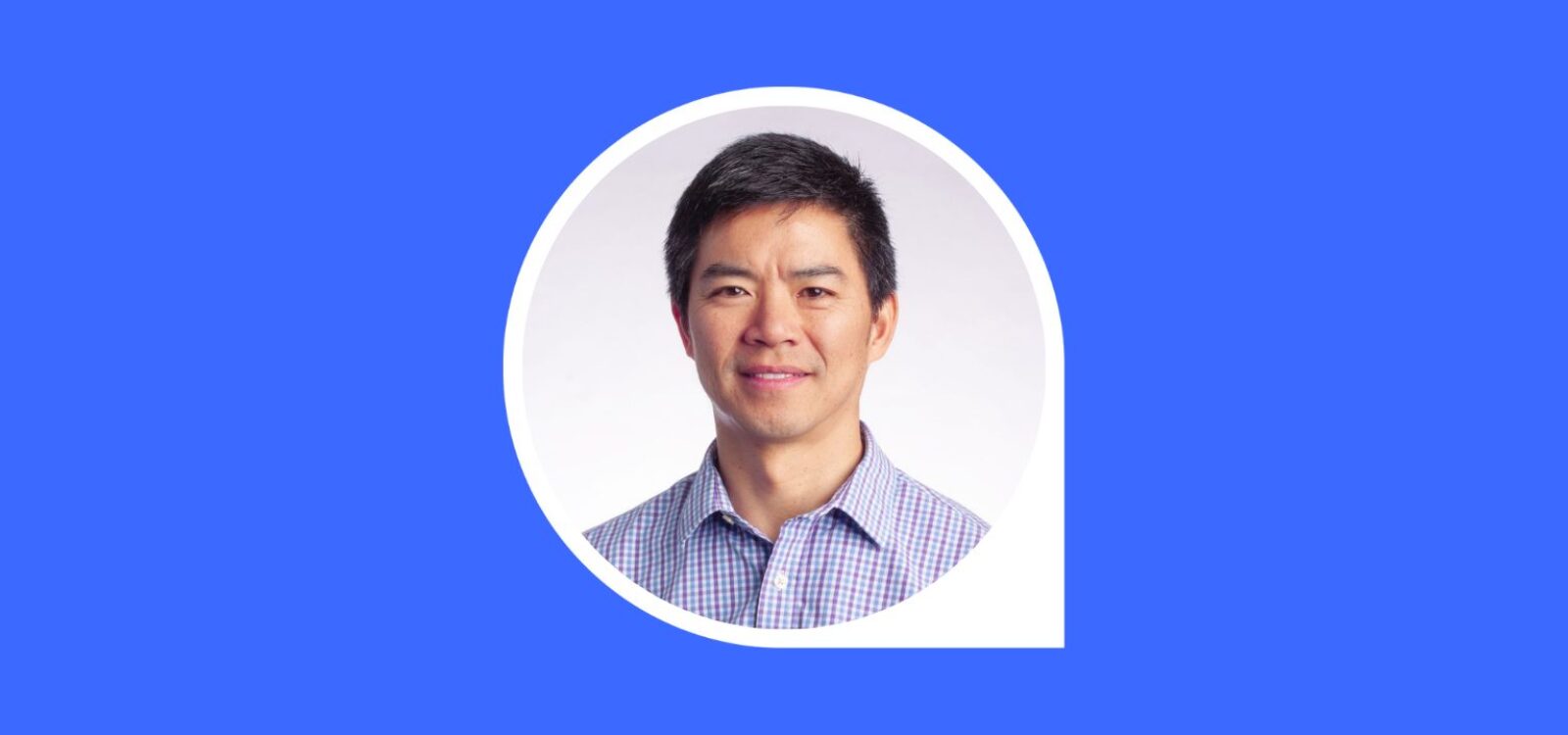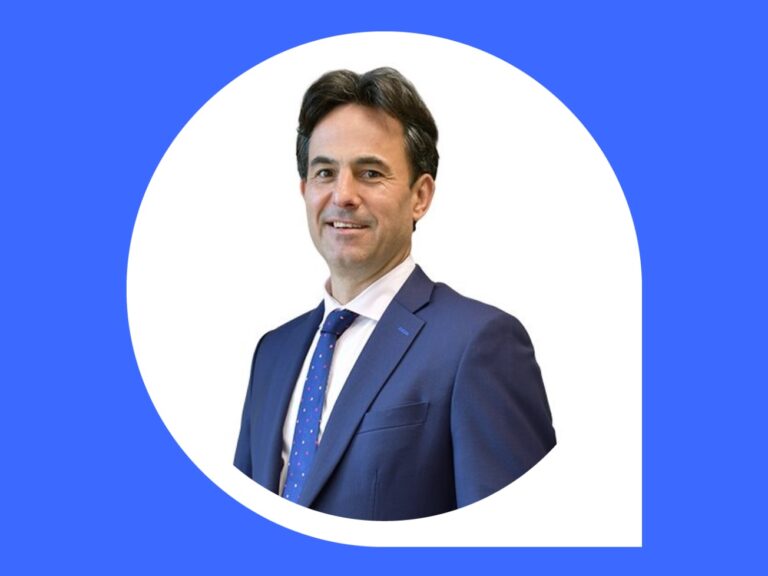
Career Case Study: Brendan Pon FIAA – Assistant Director, Department of Health and Aged Care
“Being an actuary gives you instant credibility.”
Brendan has 25 years of experience across actuarial roles in health and life insurance. His most recent role was Senior Consultant at Finity Consulting, fulfilling Appointed Actuary and actuarial advisory roles with private health insurers.
Prior to this, he spent 15 years in Medibank’s actuarial team working on the full range of actuarial functions, including its public listing.
Brendan is passionate about connecting analysis and insights to enable informed decisions to improve the health and wellbeing of all Australians.
Awards won:
- Two-time winner of Medibank Financial Services apple bobbing contest.
Why did you become an actuary?
The actuarial profession is globally recognised and provides mobility options. This was particularly important while growing up in South Africa with its uncertain future during the 90’s. I also didn’t want to study as hard as my older sister in med-school, a very ignorant view.
How did you find out about this career?
A family friend suggested I become an actuary as I enjoyed mathematics and problem solving.
How did you land your first actuarial job?
- 50% timing/luck, 50% effort.
- Timing/luck: I perfectly timed my arrival in Australia in mid-1998. National Mutual, a life insurer, had just lifted its hiring-freeze around the time I rang around looking for work.
- Some effort: I passed three exams in September ‘98 (passing one is an achievement), which probably boosted my job application.
What helped you build your career/progress?
- Reflecting on what I was doing vs. what I wanted at least yearly.
- Seeking new roles/experiences every two-three years. For me, this was the right balance of personal development and building a solid reputation and relationships. Larger organisations may have a formal rotation of specialised roles; small teams may allow exposure to a wider range of work.
- Also consider the compatibility of your life stage needs with workplace culture. While I was still studying with a young family, I changed employers to one that allowed a better work-life-study balance. I also deferred my studies until home life permitted focused study (studying with a one-year-old on your lap is very hard). A supportive partner is critical.
From your experience, what advantages does being an actuary offer in the professional world?
Instant credibility. Actuaries are highly respected by people that understand the value of their skills, professionalism and balanced advice.
What are the top five skills that an actuary should have?
Technical skills are a given, so my next five are curiosity, understanding limitations, tenacity, relationship-building and communication.
What exciting projects or work locations have you been exposed to?
I was involved in the Department of Health and Aged Care’s review of private health insurance risk equalisation settings, working with a group of experts on international health systems.
I found the discussions on international health systems very interesting, including learning how features of different countries addressed common issues, and the potential to draw on learnings to apply to the Australian system.
How would you summarise yourself in one sentence?
Measured, steady and tenacious.
What advice would you give to young/aspiring actuaries?
Don’t be afraid to ask, no one expects you to know everything.
Check out Brendan’s career and qualification timeline
Ready to learn more on beginning your journey to becoming an actuary?
CPD: Actuaries Institute Members can claim two CPD points for every hour of reading articles on Actuaries Digital.






